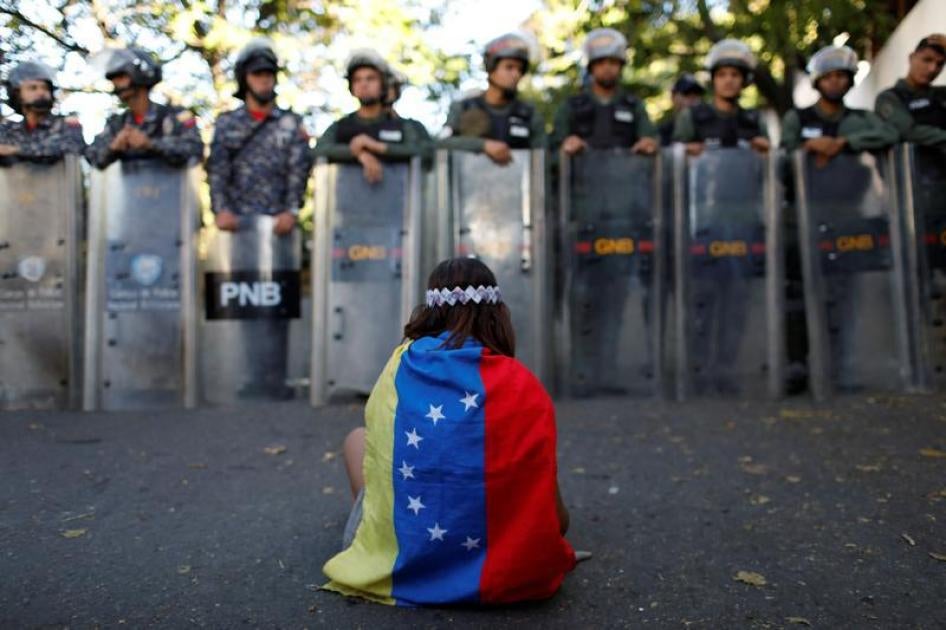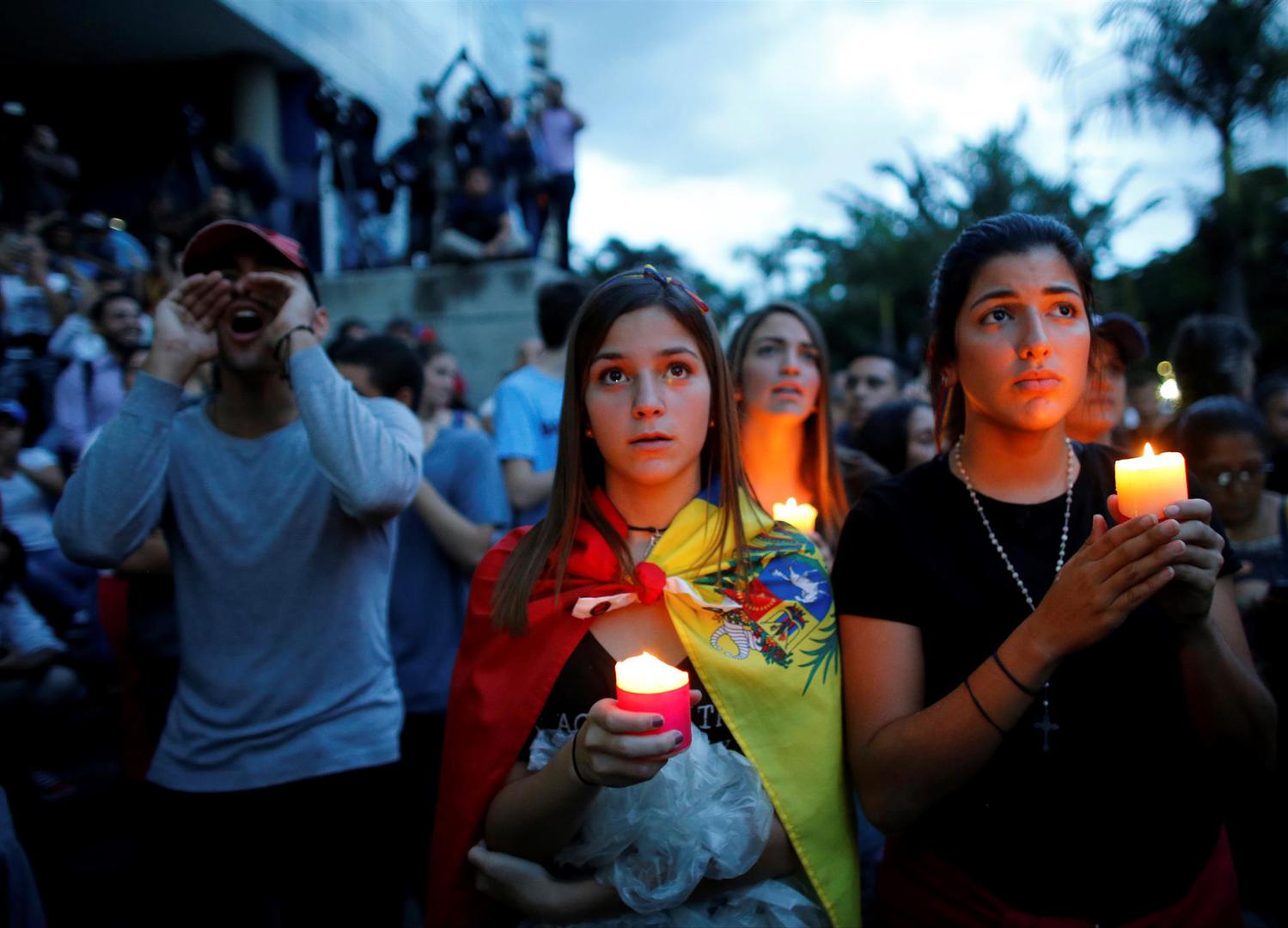The killing of Oscar Pérez—a rogue police officer who opposed the Venezuelan government—indicates that 2018 is off to a very bad start for human rights in Venezuela.
In 2017, Pérez published several videos on social media calling on the Venezuelan people to rebel against Venezuela’s “tyrannical” government. In June, he threw a grenade from a helicopter to the Supreme Court building, and in December he allegedly stole firearms from a Bolivarian National Guard base.
Pérez and six others were killed on January 15 in the town of El Junquito, near Caracas, after security forces, together with members of an armed pro-government gang called “colectivos” in Venezuela, surrounded the house where Pérez and the others were hiding. Government authorities claimed they died after a “confrontation,” and said they were “terrorists.” Two security agents and a colectivo member also died.
Evidence suggests, however, that Pérez may have been extrajudicially executed. Prior to his death, Pérez posted several videos on social media claiming that he and his colleagues were being attacked, and that he was negotiating with authorities to surrender. A copy of his death certificate indicates that the cause of his death was a single shot in his head, which fractured his skull. At least three others died of similar wounds, according to local press reports. The sister of one of the victims said, after seeing her brother’s corpse, that his head was “destroyed” and that she saw a bullet hole coming in and out of his head. She said he had been “massacred.”
Moreover, the government’s actions since the killings suggest an attempt to cover-up what really happened. Security forces destroyed the building where Pérez and the others had been hiding. Neither the ombudsman nor the acting attorney general have publicly commented on the case.
Members of the Bolivarian National Guard, a military security force, limited access to the morgue where the bodies were being autopsied. During the following days, authorities denied family members access to the bodies. They also ignored the families’ wishes, who wanted to decide when, where and how to bury their loved ones. Pérez’s body, the last one to be buried, was rushed to a Caracas cemetery before dawn on January 21. Only two family members were allowed to be present at his burial.
Venezuelan authorities started 2018 acting as if they can get away with covering up possible extrajudicial killings. Given that there are no independent institutions left to act as a check on executive power in Venezuela, concerned governments and international organizations should press the Maduro government to accept an independent international investigation into these killings, carried out by people with full access to information and evidence. It is critical for leaders world-wide to raise their voices and tell Venezuelan high-level officials that this behavior will not be tolerated and that those responsible for the killings and for the security forces’ systematic abuses should be brought to justice.
It is extremely unlikely that the Maduro government will knowingly allow anyone who will objectively report on these killings, or any other issue of concern for the government, to enter the country. In fact, it has repeatedly denied access to the country to key international human rights monitors for over a decade. Yet, by putting Venezuelan high-level officials in the position of having to reject the proposal, foreign leaders will be pushing for accountability—which will eventually happen, either in Venezuela or abroad, and whether Venezuelan high-level officials want to, or not.










